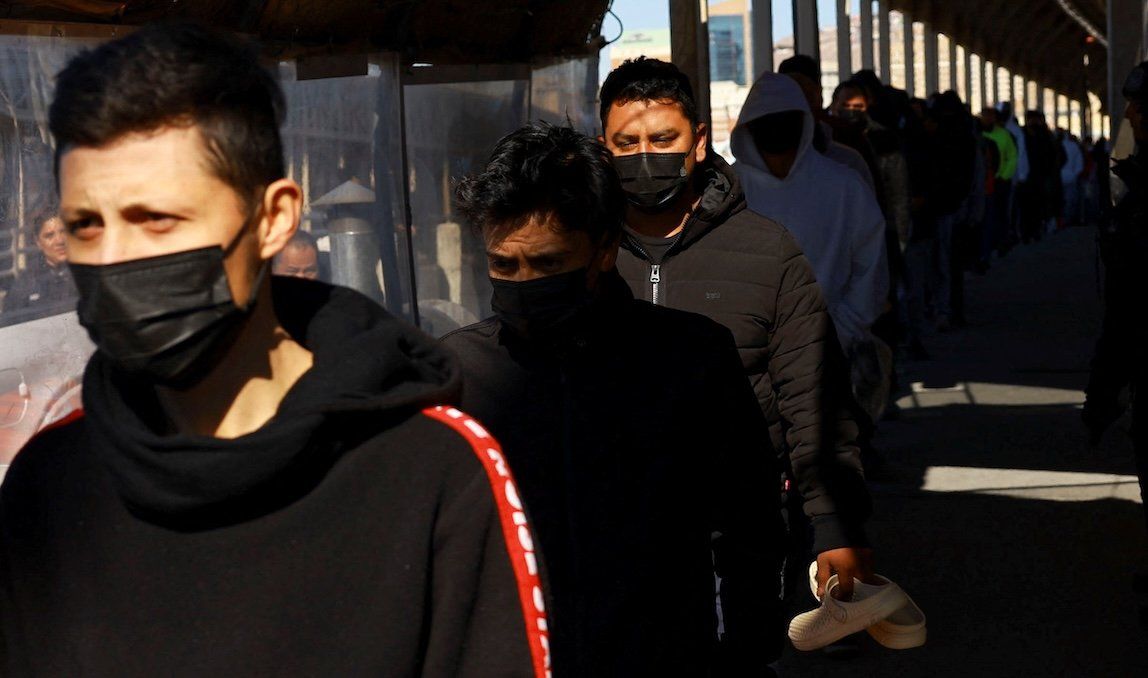The initiative, called “Mexico Embraces You,” aims to build nine migrant reception centers along the US border, and employ all 34 federal agencies and 16 state governments to repatriate and resettle returnees. The program intends to enroll people in pensions, paid apprenticeships, and other social welfare initiatives, and to distribute cash cards worth about $100 each. It will also bus people back to their hometowns.
Critics say Mexico is ill-equipped to handle the influx and accuse it of benefiting from migrant remittances, which boost foreign exchange, domestic incomes, and economic growth, while lacking a system to support repatriation. Some wonder what migrants will do once they return since many fled because of violence or lack of opportunity.
Mexican President Claudia Sheinbaum has expressed disagreement with Trump’s “unilateral” mass deportation decision, but with the US planning to implement 25% tariffs to force Mexico to crack down on the border, and the flood of migrants seemingly on their way back regardless, she has little choice but to prepare her country to receive them.